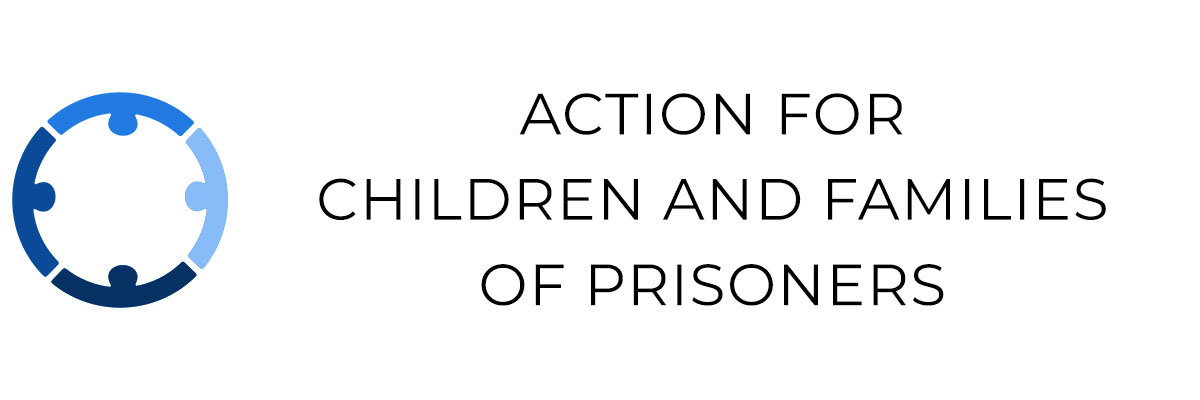On 2 May 2023, Action for Children and Families Network Co-chair, Ashling Tobin, submitted to the Department of Children, Equality, Disability, Integration and Youth survey consultation on their Statement of Strategy 2023. Below are the responses submitted to the survey questions asked in the consultation.
What do you think has been the most significant achievement of the Department since 2020?
The Network has particularly welcomed the Public Consultation held on the next Government Policy Framework for Children and Young People in Ireland, and the inclusion of the Network’s points regarding children impacted by family imprisonment in the Report on the Responses to the Public Consultation.
Thinking about the work of the Department since 2020, what do you think it should keep doing?
The Department should keep working on improving its mechanisms for ensuring child participation through Hub na nÓg. The Network appreciates the goals of the Hub, which includes providing leadership in conducting consultations with seldom-heard children. Going forward, the Network would like to see the Hub focus increasingly on children impacted by family imprisonment as a cohort that is extremely rarely heard and often goes unseen in government decision-making. The Network would further like to see an increased focus within the Department – throughout its work and at all levels – on the rights, needs and experiences of children who have a family member in prison. This group has historically not been afforced any real recognition within Departmental decision-making and the Network hopes to see this change with the Department’s new Statement of Strategy. While the Network has no views on specific areas of work that the Department should stop, it is very clear to us that the Department’s current remit is huge and it is recommended that work be done to try identify those areas that could be better diverted to other Departments and/or consideration is given to how best the Department can manage its current large remit (e.g. through additional resourcing or the redistribution of existing resources).
What do you think are the three most important things the Department should achieve between 2023 and 2025?
- Children with a family member to be recognised as a high-risk group with specific needs and support requirements.
There is no publicly available data on the number of children who have a parent in prison in Ireland but it is estimated that there are close to 5,000 children with a parent in prison in Ireland on any given day, with over 10,000 children affected each year. The Network recommends that any future policy framework on children and young people be guided in full by the UN Convention on the Rights of the Child and highlight the need for ratification of these rights into Irish law. It is also recommended that the framework for children and young people in Ireland highlight the distinct adversities and needs of children with a family member in prison in Ireland. Any future policy framework for children and young people should commit to establishing an inter-departmental working group to pro-actively review existing policies, and develop new policies, which will reduce harm to, and provide support for, children and families. These echo recommendations made by the Irish Penal Reform Trust (IPRT) in the 2021 report ‘Piecing it Together’ (PiT).
- Conduct research on children with a family member in prison.
Children with a family member in prison are a specific cohort at-risk of stigmatisation and social exclusion. Children have a right not to be discriminated against because of the “status and activities” of their parents under Article 2 of the UNCRC, and yet research has shown that children of imprisoned parents often experience stigmatisation and other related adversities. Considering the findings of IPRT’s PiT report, any future policy framework for children and young people in Ireland should commit to funding and commissioning detailed, longitudinal research on children with a parent in prison in Ireland (as per recommendation 5.1).
- Establishment of a national support service for children and families with a family member in prison.
The imprisonment of a household member is often cited as one of ten adverse childhood experiences (ACEs) which have a significant negative impact on children’s long term health and well-being, school attainment and later life experiences. Recent research shows that parental imprisonment is associated with a fivefold increase in exposure to other ACEs. There is currently no national support service specifically for children and families of prisoners. It is recommended that the relevant agencies should make an efforts to reach out to all children impacted by family imprisonment (as per recommendation 1.2 of IPRT’s recent ‘Maternal Imprisonment’ report). IPRT’s PiT Report also recommends that any future policy framework for children and young people in Ireland should commit to developing a national support service that can specifically provide information and support to children and families with a family member in prison.
Any other comments?
Untold damage is caused to many children in Ireland every year affected by parental/family imprisonment. While there are, of course, actions for the Department of Justice and associated criminal justice agencies in this area, it remains crucial that this cohort of children are recognised by DCEDIY in its work and that DCEDIY takes responsibility for its role in mitigating the harms caused to these children. The Network accordingly would urge DCEDIY to take serious consideration of this marginalised group of children when developing its next Strategy Statement, in terms of both the specific actions it can take itself and the work it can do with other departments/agencies to better respond to the needs of these children.


Recent Comments